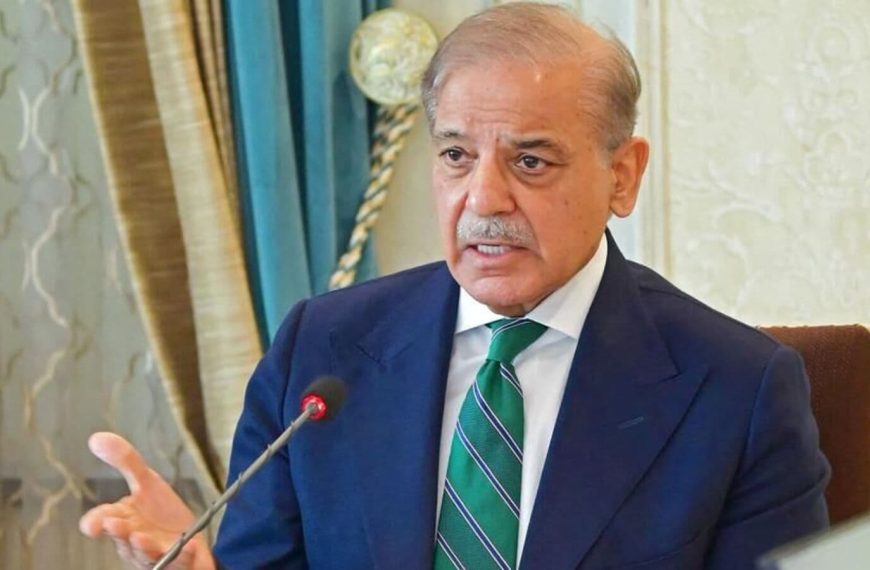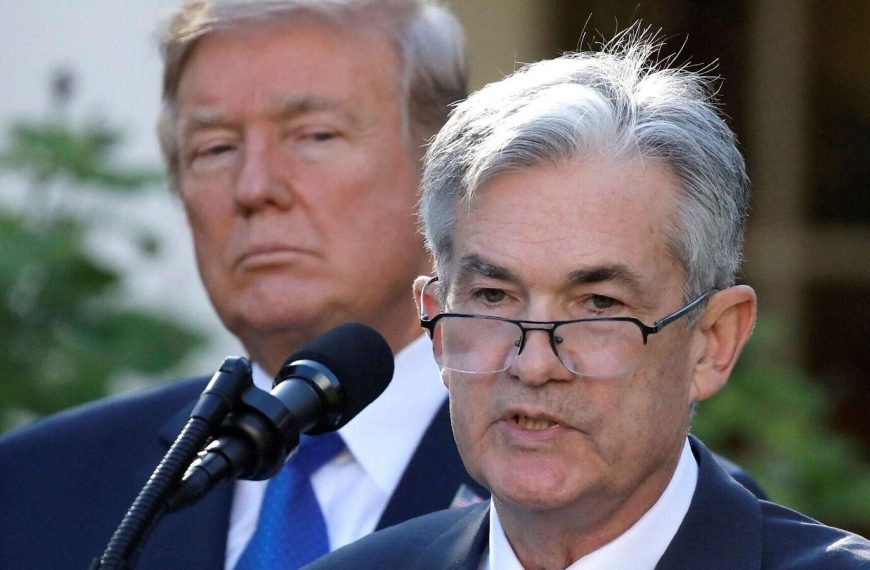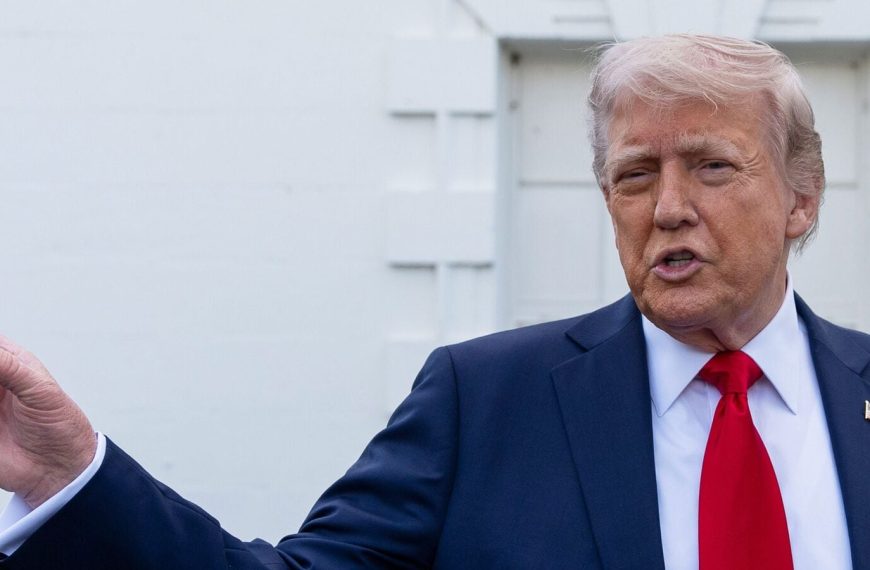In a crucial address delivered during the 2025 World Bank Group/IMF Spring Meetings in Washington, Kristalina Georgieva, the Managing Director of the International Monetary Fund (IMF), underscored the pressing need for nations to address escalating trade disputes, reinforce economic stability, and tackle domestic financial discrepancies. She cautioned that ongoing uncertainty and policy stagnation could exacerbate the slowdown in global growth, marking a pivotal moment for the world economy.
Urgent Calls for Action
Georgieva emphasized that the global economy is navigating a critical challenge, as the policy tools available to governments have been depleted due to recent shocks. She remarked, “Countries are finding themselves in a precarious situation, which heightens the need for immediate action to bolster their economies.”
- Key points from Georgieva’s address include:
- The necessity to resolve trade tensions swiftly.
- The impact of recent U.S. tariffs on global trade dynamics.
- A call for robust domestic fiscal policies to enhance economic stability.
The Impact of Tariffs on Global Trade
The IMF chief’s statements come in response to renewed trade hostilities, particularly following the implementation of reciprocal tariffs by the United States. In April, President Donald Trump announced significant tariffs—10% on most imports, with higher rates for countries imposing elevated duties on U.S. goods. Although these tariffs were temporarily paused, they have sparked widespread backlash, signaling a dramatic shift toward protectionism.
Georgieva warned that prolonged uncertainty is detrimental to global economic prospects. “Without clarity, businesses are inclined to postpone investments, while households may choose to save instead of spend,” she noted, highlighting how these behaviors can further strain fragile economies.
A Call for Economic Stability
To navigate these turbulent times, Georgieva urged countries to prioritize both economic and financial stability through effective domestic fiscal policies. She advocated for the rebuilding of fiscal buffers and sustainable practices, acknowledging that some nations may need temporary, targeted fiscal support in light of external challenges.
“Countries should gradually outline credible adjustment paths, ensuring protection for essential investments while maximizing spending efficiency,” she explained, adding that the economic challenges would hit low-income countries the hardest.
Mobilizing Domestic Resources
The IMF Managing Director also stressed the importance of domestic resource mobilization. She warned that countries with a tax-to-GDP ratio below 15% would struggle to maintain critical state functions. “It’s crucial for nations to monitor economic indicators closely, especially inflation expectations," she advised. “Central banks must find a delicate balance between promoting growth and controlling inflation.”
Renewed Focus on Cooperation and Reforms
Georgieva’s address signals a renewed focus on international collaboration and domestic reforms essential for weathering economic challenges. She pointed out that countries like China must enhance private consumption and shift towards a service-oriented economy, while the United States should aim to reduce fiscal deficits. Furthermore, she called upon European nations to finalize their banking union and capital market initiatives, removing barriers to intra-EU trade.
In summary, Georgieva’s insights highlight the urgent need for countries to act decisively in addressing trade tensions and enhancing economic stability, setting the stage for a more resilient global economy.










